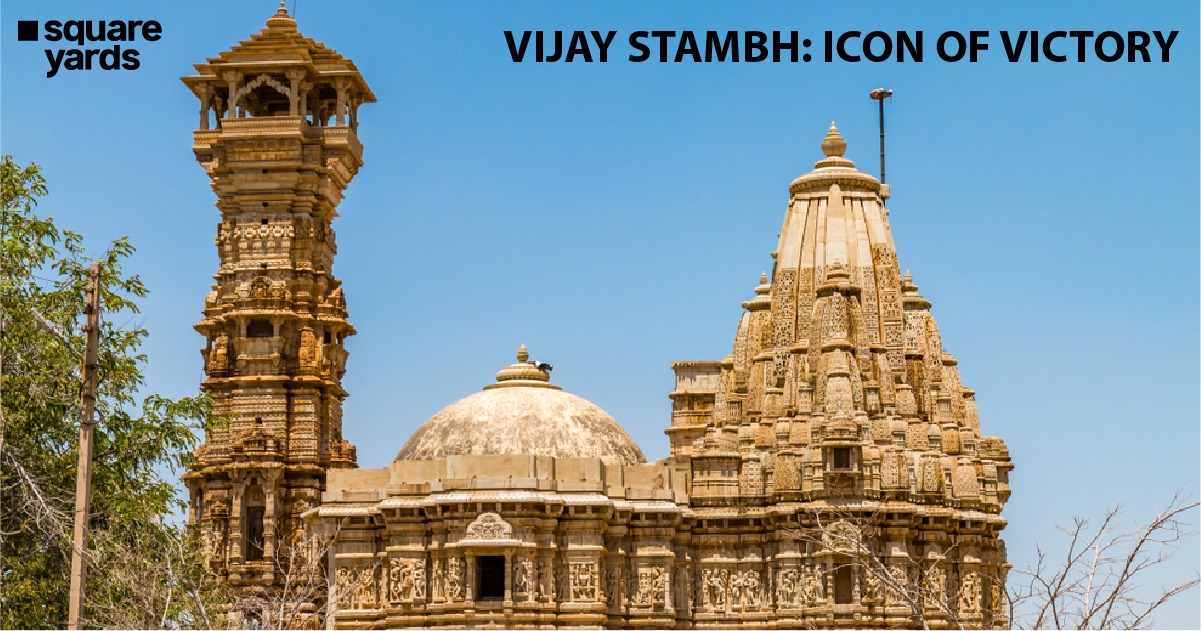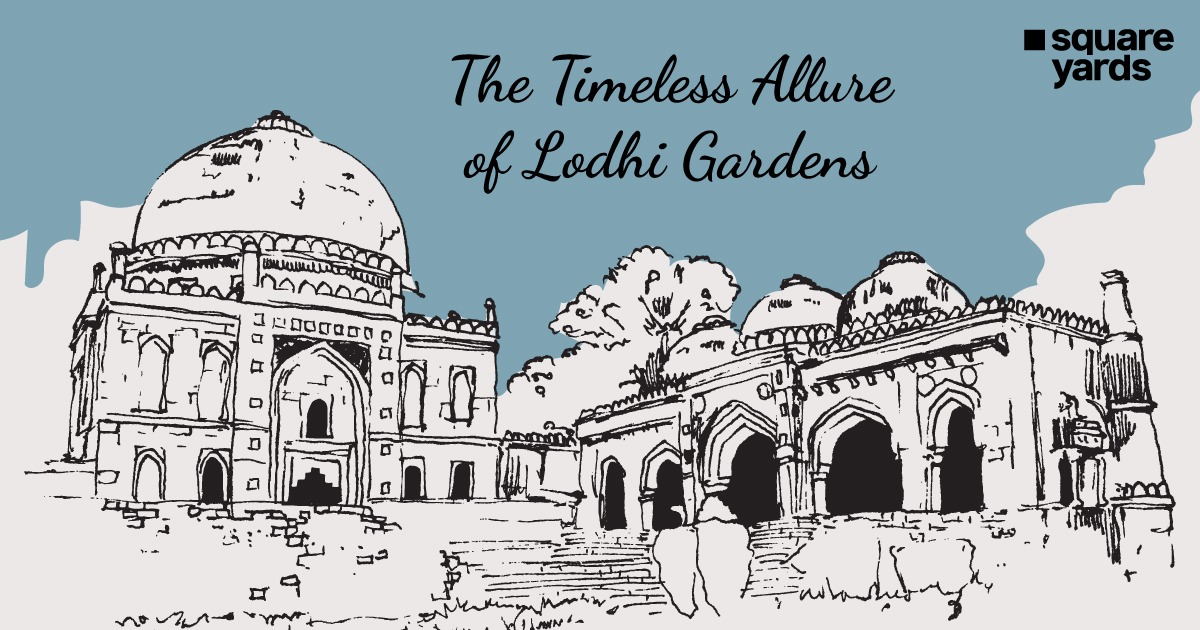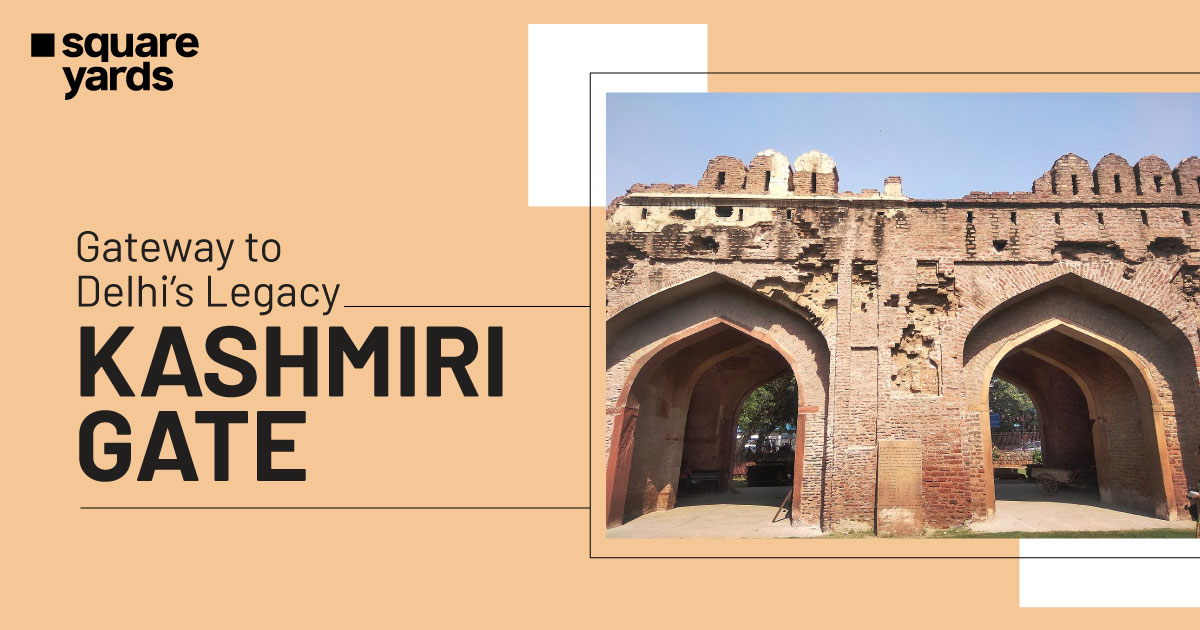Indore city has secured first place among all smart cities of India in terms of cleanliness. It has scored 124.94 marks out of 140 in the overall ranking. The country’s cleanest city has retained the tag for the fifth consecutive year in the Swachh Survekshan announced by the Modi Government. Sikkim Pollution Control Board has recently visited the city to inspect the Indore Municipal Corporation’s commendable work for garbage segregation, solid waste management and others.
In this article, we will walk you through Indore’s new improvised garbage collection and disposal system and why the Sikkim Pollution Control Board has visited Indore.
Table of contents
What Brief Sikkim PCB Received?
The Indore Municipal Corporation officials organised a meeting with Dr Thomas Kandy, the Sikkim’s Pollution Control Boards’ chairman. The meeting also included Sikkim Pollution Control Board’s administrative officers named Bhim Bahadur Lakhe, Ashok Kumar Gurung and others. The delegates got a brief about the solid waste management system. And they also visited the garbage segregation stations, ICCC command centre at the AICTSL bus office, STP plant and the trenching ground at Devguradia.
see also – Sikkim RERA: Real Estate Regulatory Authority
What was the Presentation all About?
The additional commissioner Sandeep Soni made a presentation, and he further explained the cleanliness system of the city and the campaigns that were carried out. The detailed presentation features vital information about the cleanliness campaigns of Indore city. He also compared the current model with the older one, where the whole area used to have garbage bins everywhere, and the individual had to dispose of the garbage at the bins. However, the current model features an improvised format; according to him, IMC runs a door-to-door garbage collection service. All the individual has to do is hand the garbage at his doorstep. This initiative prevents citizens from dumping garbage anywhere in the city. Even the garbage collection vehicles are monitored by a secure GPS, ensuring the vehicle is not illegally dumping the garbage. The vehicle only goes through its defined routes and places chalked out.
Information Provided by Additional Commissioner Sandeep Soni
The additional commissioner Sandeep Soni further told the team how IMC could make the city ODF-free. In the past, both dry and wet waste were collected together; currently, six different types of trash are being collected. Moreover, six different types of garbage bins are installed for garbage disposal.
In-depth details was given regarding the utensil bank, bag bank, zero-waste events, zero-waste weddings, and disposal-free areas. Moreover, various activities such as cricket, football, dangal (wrestling), medical campaigns and cleaning campaigns were also given.
Different processing typers are being followed in the solid waste management field, such as bio-mechanisation processing, manure processing, city bus run on bio-CNG, energy-to-energy processing, and so on. The Skikkim’s PCB appreciated the IMC’s work.






















